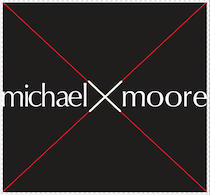on a fairly regular basis the content below will be rotated out
• a photograph, a book cover, a poem, perhaps
For a first time visitor, ‘writing’ is the container that holds
Short Stories, Poetry, Works-In-Progress
a success story
For those of us who have creative aspirations – be it in music, drama, writing – rejection is the primary constant as we all try to peck away at gaining acceptance, making progress, making money, even. (Goodness! Who is in this for the money??? I’m shocked!)
The previous post shows the rejection letter sent to Alice Walker, author of the Color Purple. I will be posting a few others soon.
But this news feature caught my eye. It’s all about persistence, perseverance and simply just not giving up.
Be that this may or may not be the very best novel or story ever written – is not the point – the point is, she just didn’t give up.
And so : :
Her story is worth reading if for no other reason than, ‘if she can do it, we can do it’. . . . . right?
With virtually no prior writing training or experience, but seemingly just a good idea, she made it happen for herself.

